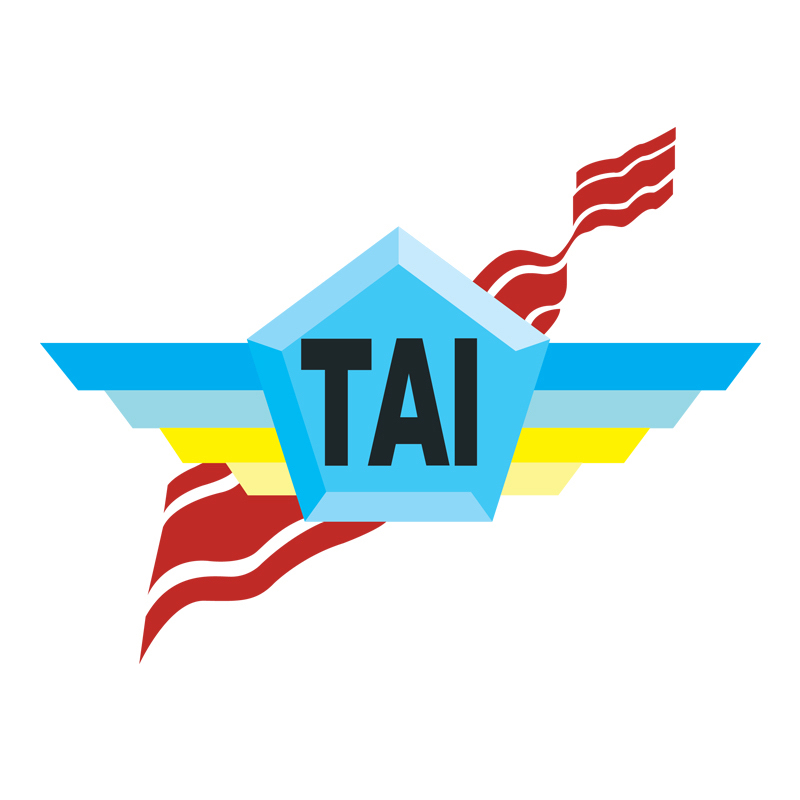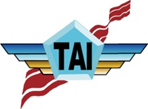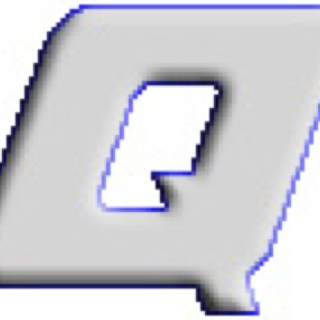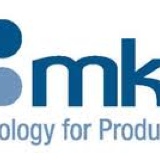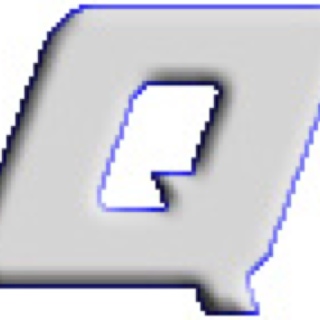Title Page
-
Name
-
Surname
-
Employee No.
-
Position
-
Department
-
TAI-FM-143 Revision: 0, Effective date: 14/12/2021
1. QUALIFICATION
-
1.1 Refer to the specific job position (Job Specification) document (TAI-FM-077)
2. KNOWLEDGE
-
2.1 Knowledge of applicable officially recognized standards
-
2.2 Knowledge of auditing techniques : planning, conducting and reporting
-
2.3 Knowledge of human factors, human performance and limitations
-
2.4 Knowledge of organization capabilities, privileges and limitations
-
2.5 Knowledge of TCAR Part-145 (and any other relevant regulations )
-
2.6 Knowledge of relevant parts of the MOE and Associated procedures
-
2.7 Knowledge of occurrence reporting system and understanding of the importance of reporting occurrences, incorrect maintenance data and existing or potential defects
-
2.8 Knowledge of safety risks linked to the working environment
3. UNDERSTANDING
-
3.1 Understanding of professional integrity, behavior and attitude towards safety
-
3.2 Understanding critical task
4. ABILITY
-
4.1 Ability to consider human performance and limitations.
-
4.2 Ability to identify and rectify existing and potential unsafe conditions
-
4.3 Ability to promote the safety policy
-
4.4 Ability to use information systems
-
4.5 Adequate communication and literacy skills:
-
4.5.1 Understand Thailand Airworthiness directives.
-
4.5.2 Communicate with Thailand operator not using the language of the state of registry.
-
4.6 Analytical and provan auditing skills (for example, objectivity, fairness, open-mindedness, determination,…)
-
4.7 Maintenance error investigation skills
-
4.8 Teamwork, decision-making and leadership skills
ASSESSED AND CERTIFIED
ASSESSED AND CERTIFIED BY
-
Signature:
-
Name:
-
Position:
-
Date:
